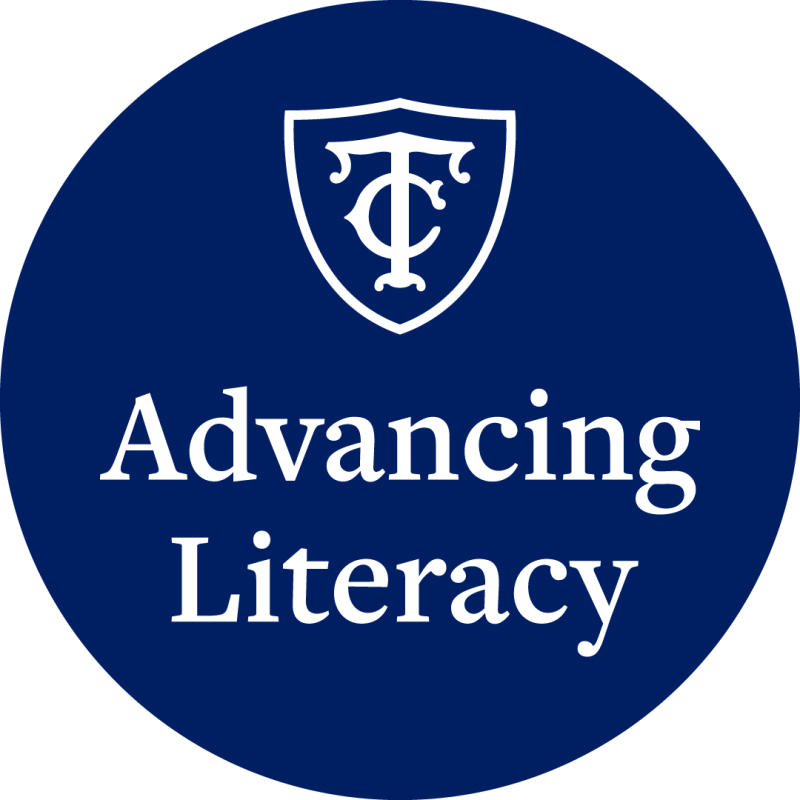Dr. Marie Clay was one of the world's great educators. Thousands of us stand on her shoulders and owe her an enormous debt of gratitude. She taught us to pull our chairs close to children and to listen to the tiniest details of what children do as they orchestrate the process of learning to read. She was a scrupulously careful researcher who helped all of us understand all the complicated learning that a child does as she learns to read print from left to right, top to bottom, to grasp the concept of a word, to match a spoken word with a written word, to use letters and meaning to decode. Her work with emergent literacy helped us all to appreciate that every child, no matter how young, is on a literacy continuum, and her research especially focused on children who needed the most support learning how to read. She put a giant spotlight on the importance of children drawing on all they know about letters and sounds and about language in order to write, and showed the world how much we can learn about a child from a careful, respectful study of what the child can do.
I’m also grateful to Marie for the hard work she did creating the organization, Reading Recovery, which has helped us be kid-watchers and rallied schools to pay careful, data-based attention to very young readers.
Marie's contribution to our understanding of early literacy is gigantic. But she has been a mentor to many of us also because of her humility, her openness to learning, and her respectful stance towards others. If she was still with us today, she'd be listening closely to researchers and children alike and helping all of us to make any adaptations that hold promise for children. She would also be fierce and fearless in her defense of all that she knows to be true—including the centrality of both phonics and comprehension strategy instruction, the need for teaching to be personalized and not one-size-fits-all, the importance of teacher decision making, the importance of early writing, the and above all, the need to learn from each other and from children.
